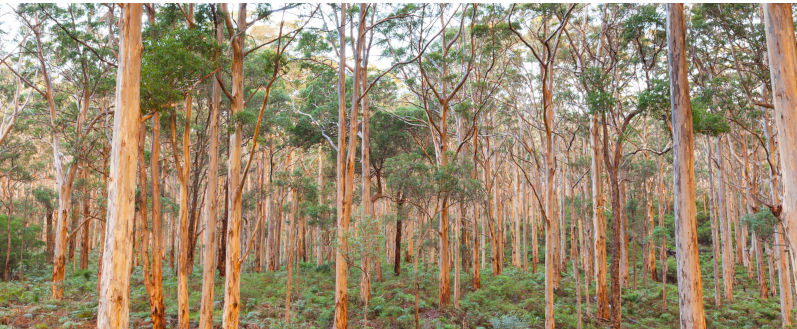Brendan's recent articles

9 January 2026
Best of 2025 - Koalas, carbon credits and the fine print of conservation
We congratulate the NSW Government for establishing the Great Koala National Park, which will protect a nationally significant koala population.

26 September 2025
Koalas, carbon credits and the fine print of conservation
We congratulate the NSW Government for establishing the Great Koala National Park, which will protect a nationally significant koala population.

14 August 2025
Burning wood for power Is a dangerous step backward
The NSW Independent Planning Commission is currently considering an application to reopen the Redbank Power Station near Singleton.

9 September 2024
For Australia to meet emissions reduction targets, we don't need nuclear energy
The Federal Opposition’s energy policy includes the construction of nuclear power plants. Peter Dutton says that we need them because Australia’s emissions reduction target of 43 per cent on 2005 levels by 2030 is unachievable. Is this true? We argue that it is not – and especially if the Australian Government works with State and Territory Governments to stop native forest logging and land clearing.
15 December 2015
Brendan Mackey. How good is the Paris Agreement?
Finally, we have a new international climate change agreement to guide action post-2020. The Paris conference delivered on its promise thanks to skilful diplomacy by the French, a general sense of good will among nations, dedicated national delegates working through the night more often than not seeking consensus language on difficult issues, along with numerous high-level backroom machinations. The question now of course is just how good an agreement is it and by what criteria should it be judged? The philosopher Reinhold Niebuhr warned against allowing sentimentality, naive thinking or plain stupidity to cloud our judgment on prospects for...
13 June 2015
Brendan Mackey. Green vision for a brown country
Policy Series Introduction Like we do in many areas, such as sport and financial services, Australian conservation punches above its weight in the international arena. Australia is signatory to all major multilateral environmental agreements including the Convention on Biological Diversity and the UN Framework Convention on Climate Change, we have environmental law in all three tiers of government, have established one of the world’s best national reserve systems including some of the largest world heritage areas, along with supporting cutting edge conservation science and management practices. All these conservation measures are worthy achievements that should be celebrated. They are...
